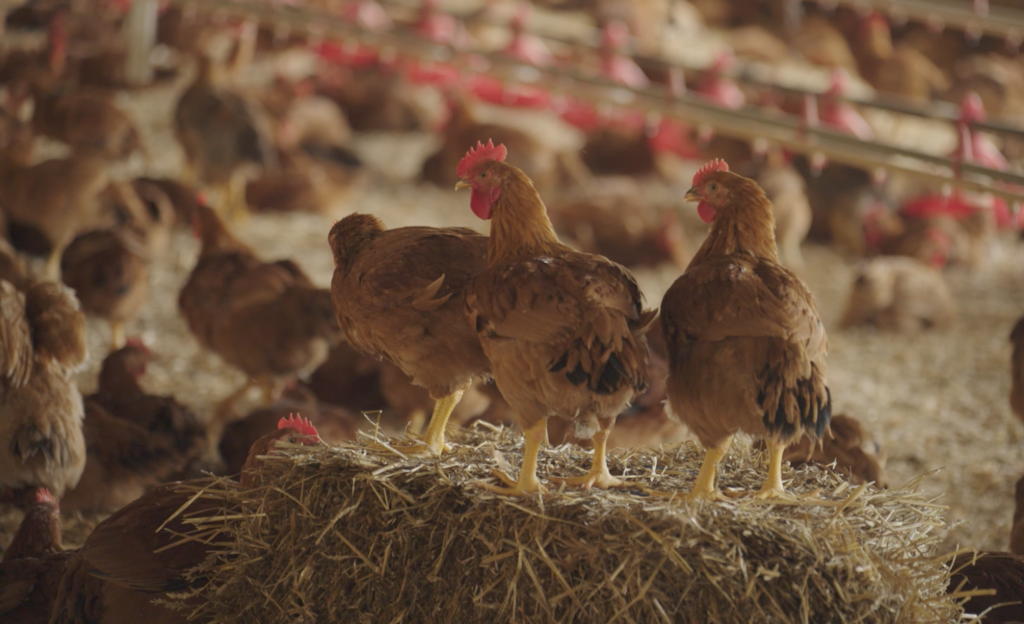Uncategorized
Over 200 Companies Are Part of the Push for Better Chicken Welfare Standards
The Better Chicken Commitment (BCC) invites poultry producers and food companies to take responsibility for chicken welfare. By signing on, farmers and companies commit to producing and selling only chicken that has been raised with higher-than-usual welfare standards.
Created in 2016 by a coalition of animal welfare groups, scientists, and industry stakeholders, the BCC sets specific requirements for stocking density, prohibiting broiler cages, as well as for conditions like light, enrichment, and clean litter. It calls for more humane slaughter practices and third-party audits to assess progress. Almost a decade later, more than 200 companies have signed on, including household names like Chipotle, Burger King, and Popeyes.
The BCC requires that committed companies use only chicken breeds from an approved list created by independent researchers. “Fast-growing broiler chickens are bred to gain weight rapidly, prioritizing meat production over health,” Julia Johnson, Head of Food Business in the United States at Compassion in World Farming—the nonprofit organizers of the BCC—tells Food Tank. “This genetic selection causes numerous welfare issues, including severe leg deformities and lameness due to their inability to support their own body weight.” Johnson also describes chronic pain, cardiovascular disease, lack of enrichment like sunlight and space, and inhumane slaughter practices among the issues the BCC aims to address.
Recent elevated concerns about avian influenza, or bird flu, highlight the continued importance of animal welfare for both animals and humans. According to research published in the journal Frontiers of Microbiology, poor environmental conditions can contribute to stress and a suppression of chickens’ immune systems. This can, in turn, increase the likelihood of disease transmission between chickens or from chickens to farmers.
According to Johnson, “there’s a misconception that the changes required under the BCC will hurt animals or farmers.” But, she says, this is “simply not what we have seen and not what the science shows.”
LaBelle Patrimoine, a poultry supplier based in Pennsylvania, sees the Commitment’s standards as essential to their business practices.
“We already had very similar values concerning growing practices and have always held ourselves to a high bar regarding animal welfare standards,” Nick Kienzle of LaBelle Patrimoine, tells Food Tank. “We are getting recognized for the efforts that we feel simply make sense of how to raise healthy, happy chickens sustainably.”
Kienzle also emphasizes the importance of high welfare standards to LaBelle Patrimoine’s relationship with farmers. The commitment “gives our farmers a level of confidence in knowing they are providing sustainable, healthy ways to raise chickens,” Kienzle explains. “And it helps offer our network of family farmers standards to rally around and commit to in a way that validates all of our beliefs in poultry husbandry practices.”

